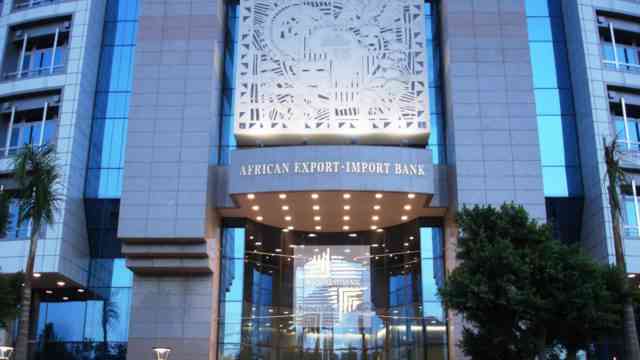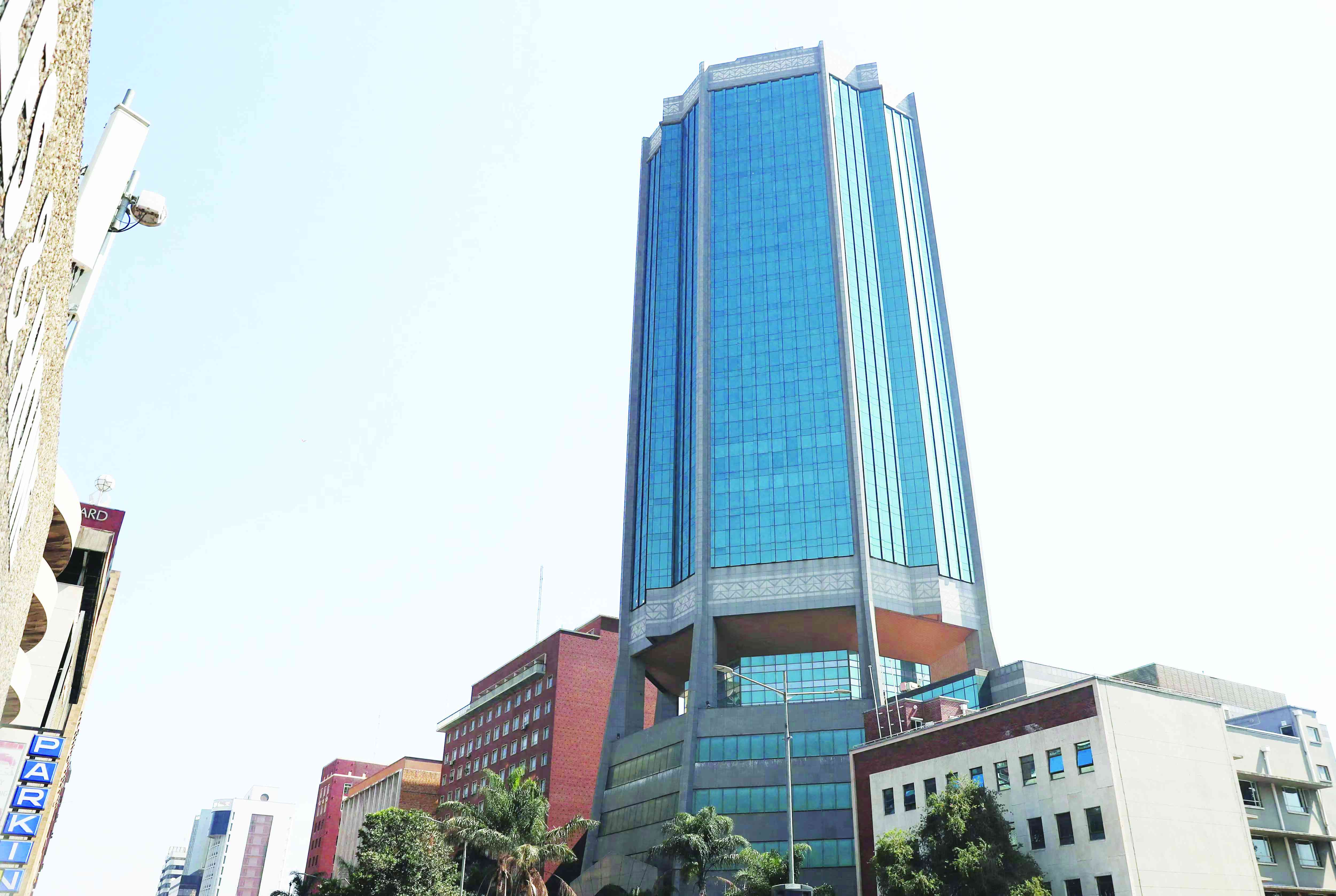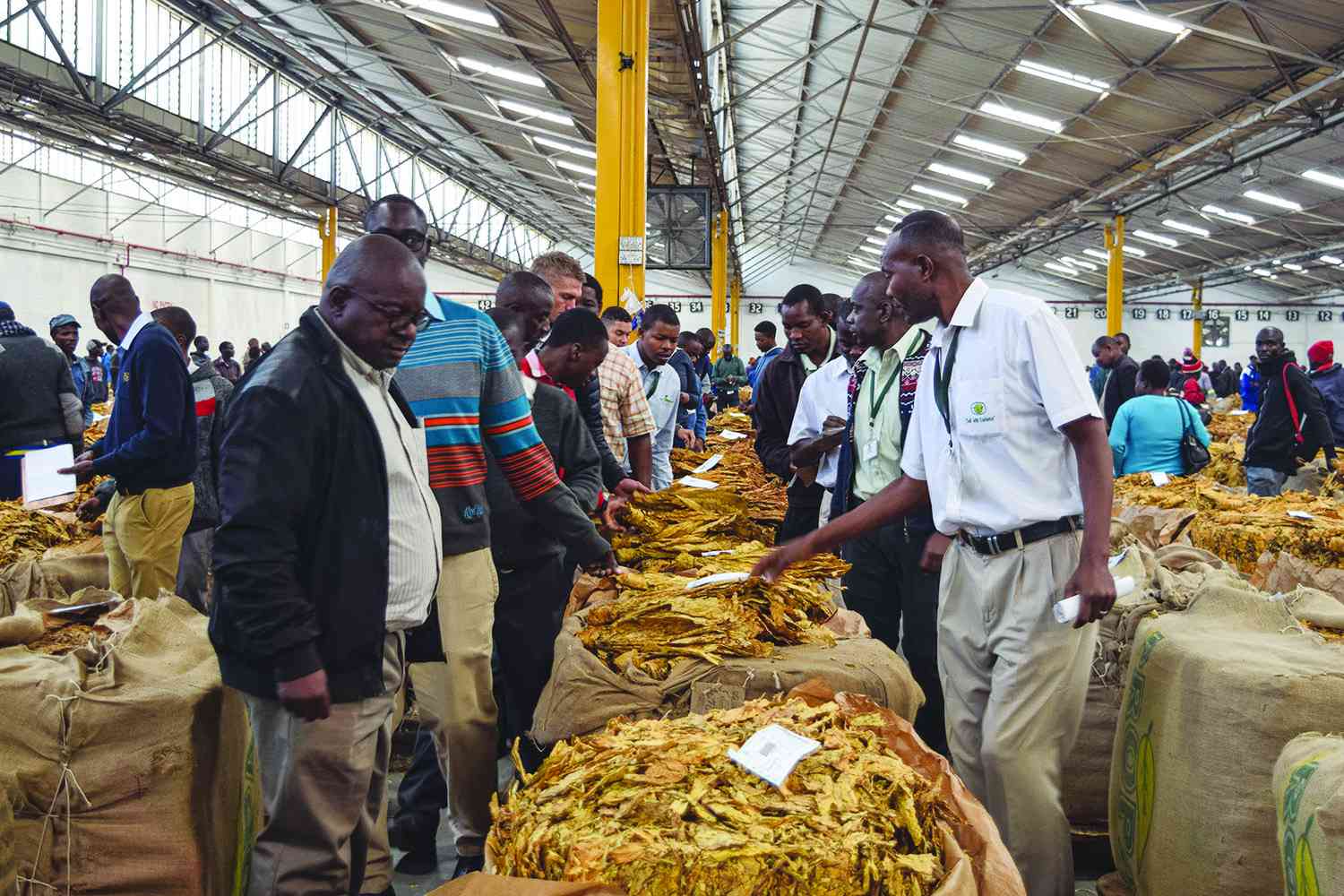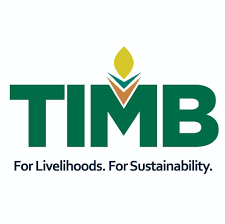
THE African Export-Import Bank (Afreximbank) has reported an increased appetite for the uptake of Zimbabwe’s Letters of Credit (LC).
An LC is a written undertaking by a financial institution that promotes international trade by providing a conditional but irrevocable guarantee on account of an importer/buyer in favour of an exporter/seller, according to Nedbank Zimbabwe.
Trading partners who are not familiar with each other or are uncertain about receiving payments for exported goods typically use LCs.
Afreximbank's report of an increased appetite for Zimbabwean LCs is attributed to the bank observing that international lenders are becoming more risk-averse.
Zimbabwean exporters have over the years been battling to have their credit lines confirmed due to high country risk and dearth of correspondence banks.
Zimbabwe has lost significant correspondent banking relationships with only two remaining.
Speaking to businessdigest on the side-lines of the African Development bank (AfDB) annual meetings in Nairobi, Kenya, Afreximbank regional chief operating officer, Kudakwashe Matereke said there was significant appetite for LCs from Zimbabwe.
“I am not able to give you the specific figures of the support we have given to Zimbabwe at the moment, but we have seen significant appetite. It is there,” Matereke said.
- Renault hands Russian assets to Moscow
- New perspectives: Building capacity of agricultural players in Zim
- News in depth: Mnangagwa’s push for $12 billion mining industry imperils communities
- New perspectives: Building capacity of agricultural players in Zim
Keep Reading
“But some of the commercial banks in Zimbabwe are actually correspondent banks and they use Afreximbank as a correspondent bank.”
Matereke added that the institution has been opening letters of credit to the banks and guarantees to facilitate trade.
“It makes it easier for the instruments that they give to international suppliers of goods to be accepted through Afreximbank intervention,” he said.
“We were speaking earlier about how international banks have left the country and not provided capacity. So Afreximbank is providing that capacity because there is that demand by traders to get LCs issued by African institutions confirmed.”
During the session, Matereke said the financial institution had also offered investment undertakings.
“We provide an array of services. And it’s quite critical to also provide trade facilitation through confirmation of letters of credit, which is what we do. I think in the region we are actually a confirming bank with up to US$3 billion today,” he said.
Talking about cross-border trade, Matereke said in the context of Zimbabwe it was important that there be less impediments towards trade with neighbours.
He said this could build value for tomorrow in terms of employment creation, capacity, skills and many more.
“I was talking earlier about the platform that we implemented, which we call the Africa Trade Gateway. The Africa Trade Gateway will enable a trader, number one, to look and verify the credentials of another trader,” Matereke said.
“Through that, when you join the Africa Trade Gateway platform, it will enable you to check who is this trader that I'm working with. Can they be verified? Do they have good credentials in order to trade?”
“Number two, let's say you find the goods that you want to trade. You can put the goods that you want to trade on the ATEX platform, which is the African Trade Exchange.
“That way it's efficient because it's online and you are dealing with verifiable purchases. You then make a settlement,” he said.
Matereke said the challenge was that most countries including Zimbabwe were not trading enough with its neighbours, and not consuming goods they produce.
The official added that cross-border trade was important because it enabled countries to build capacity for manufacturing, and value for the future.











